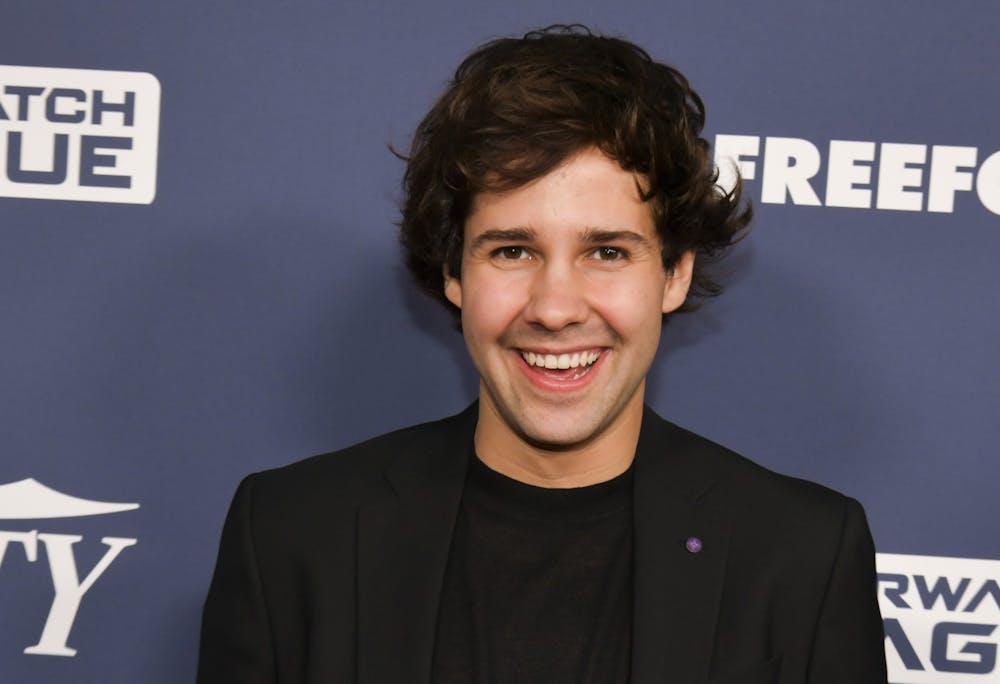Whether you are an avid watcher of his vlogs or simply recognize his name from scrolling through TikTok, it seems impossible for anyone to not know who David Dobrik is.
It’s also unlikely that you haven’t heard of the allegations against Dobrik and the "Vlog Squad," the individuals with whom he filmed videos frequently. They were recently accused of providing underage women with drugs and alcohol, and one Vlog Squad member has been accused of sexual assault.
Now, with mixed reactions from Dobrik’s 18.5 million YouTube subscribers, concerns are arising over the nature of “stan culture” and how we idolize celebrities and social media influencers.
“Stan culture” is used to describe the intense, enthusiastic and often obsessive following of a celebrity or public figure. Have you ever called yourself a Swiftie? Directioner? That’s stan culture in a nutshell — identifying personally with celebrities.
It can be comforting to look up to celebrities, whether they are social media influencers or musical artists. It can provide us with a sense of identity and familiarity in times of need. But to “stan” someone often means seeing them as capable of doing no harm — as a perfect person. We do this subconsciously, and probably more often than we think.
For those who have watched Dobrik since the days of Vine, you might feel attached to his personality or feel as if you can vouch for his character. It's easy to fall into the trap of defending creators even when they are problematic and feel as if we know them better than their accusers do.
However, these accusations aren’t even the beginning of Dobrik’s problematic behavior.
As far back as 2017, Dobrik’s pranks left his fellow vloggers feeling violated. For example, YouTuber Seth Francois cited one incident of sexual assault, in which he unknowingly kissed a Vlog Squad member when he was under the impression it was someone else. Despite this and other situations, new accusations against Dobrik and the Vlog Squad shocked fans. Stan culture gave everyone a pair of rose-colored glasses.
At the end of the day, we can forget that these influencers are people, too. They are not any less capable of harm or wrongdoing than the average person, and they do not have an impeccable moral compass as a result of a large fanbase.



